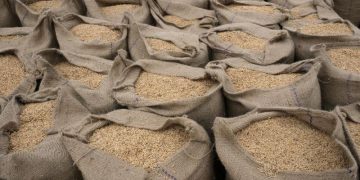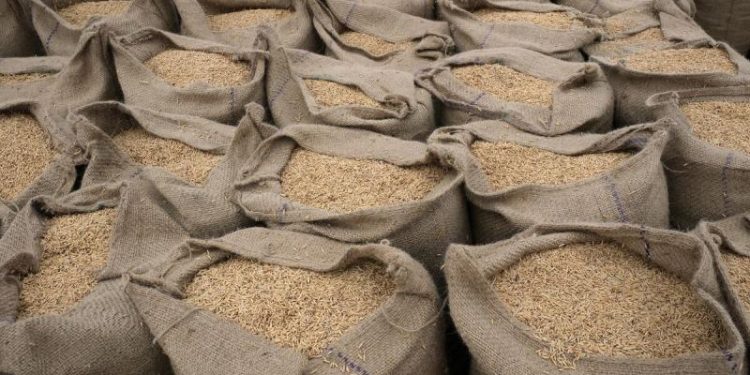#Agriculture #RiceMarket #GlobalFoodSecurity #IndiaRice #Export #AgriculturalPolicy #MarketDynamics #AgriculturalTrade #FoodCorporationofIndia #ExportBan #Thailand #Vietnam #Farmers #Agronomists #AgriculturalEngineers #FarmOwners #Scientists
Data from the Food Corporation of India reveals that Indian rice stocks are currently at a comfortable level, reaching 41 million tons by the end of June 2023. This substantial surplus highlights the oversupply of rice in the international market. An export ban by India could create a significant opportunity for other major players like Thailand and Vietnam to seize India’s market share.
The global agriculture community, including farmers, agronomists, agricultural engineers, farm owners, and scientists, must closely monitor this situation to comprehend its potential impact on food security and prices worldwide.
According to reports from 2012, Thailand’s attempt to raise global rice prices through export restrictions resulted in unintended consequences. It allowed India to capitalize on the situation and take over as the world’s leading rice exporter. As history has shown, such actions can lead to unpredictable shifts in the market, making it crucial for India to carefully consider its future steps.
The possible ban on rice exports by India has far-reaching implications for the global rice market and food security. The surplus of rice stocks in India and the world opens up opportunities for competitors to gain market share. Agricultural stakeholders worldwide must keep a close eye on the developments in the coming months to adapt their strategies accordingly.































